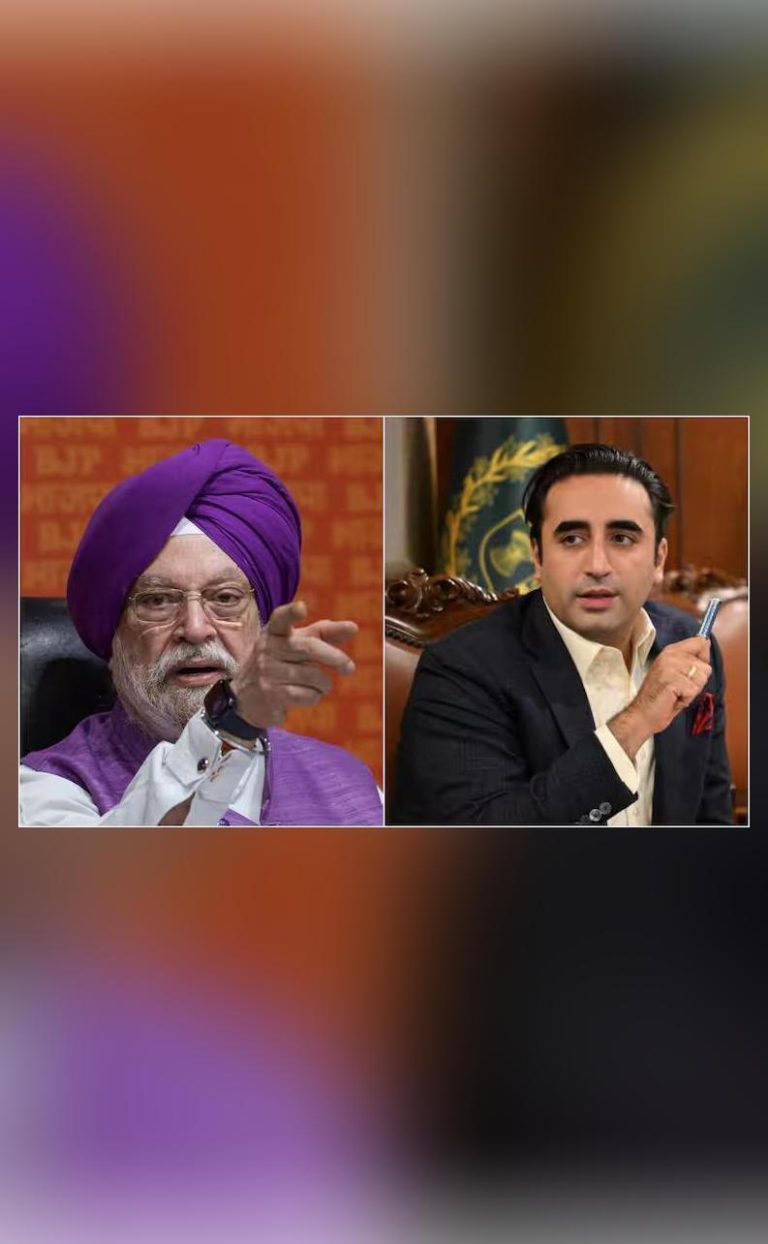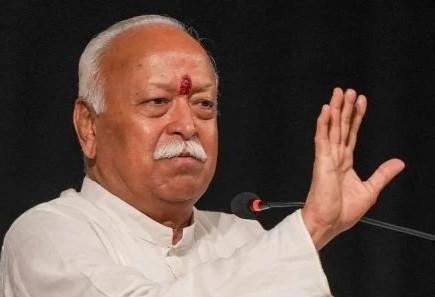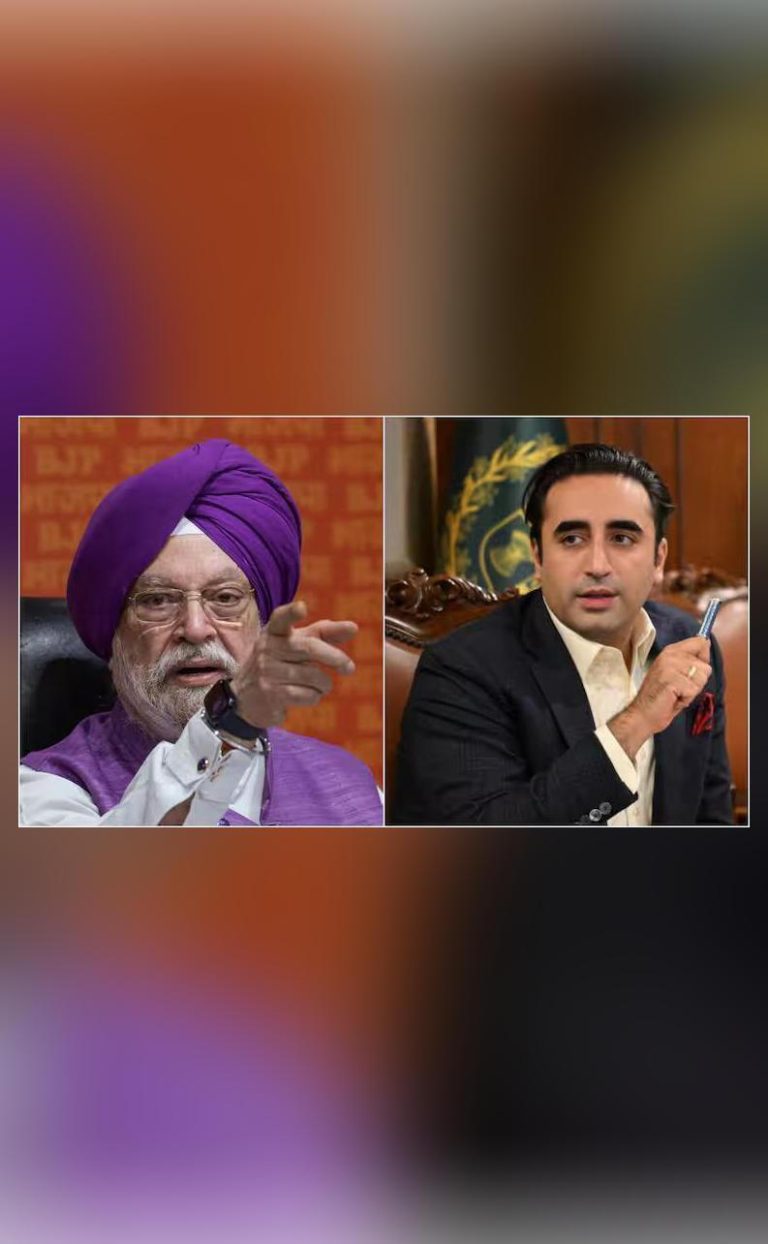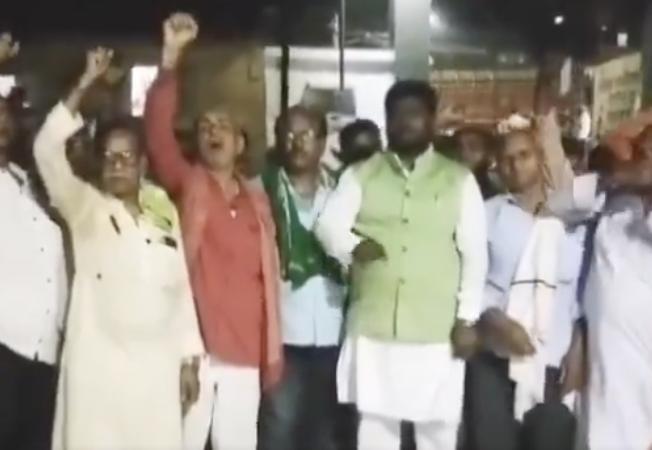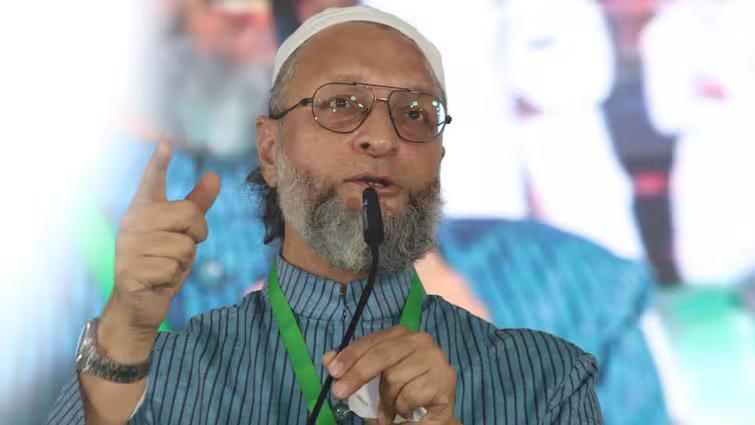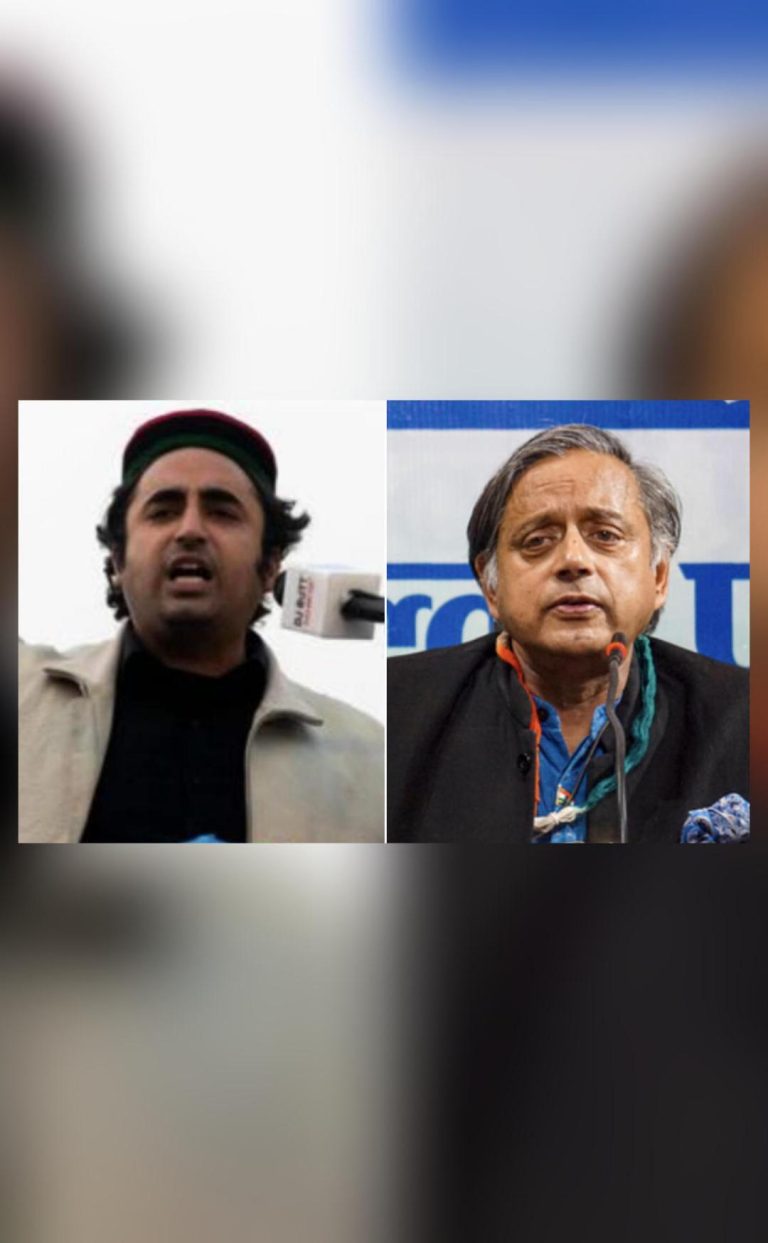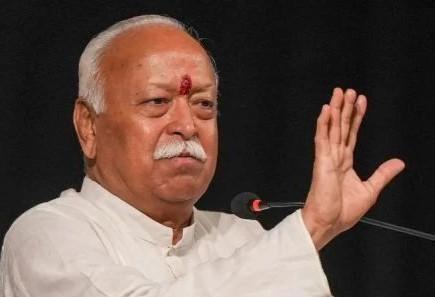
If someone turns to evil then we’ll teach lesson: Bhagwat on J&K attack
In the wake of the recent terror attack in Pahalgam, Jammu and Kashmir, RSS chief Mohan Bhagwat has sparked a controversy with his statement on how India should respond to such incidents. Bhagwat, in an interview, emphasized that non-violence is indeed India’s religion, but so is teaching a lesson to “oppressors and hooligans”. This statement has sent shockwaves across the country, with many questioning the wisdom behind such a stance.
For those who may not be aware, the Pahalgam attack occurred on [date], when a group of terrorists stormed a bus carrying Amarnath pilgrims, leaving several people dead and many more injured. The attack was widely condemned by people from all walks of life, with many calling for swift and decisive action against those responsible.
In the aftermath of the attack, Bhagwat’s statement has been seen by many as a reflection of the RSS’s stance on dealing with terrorism. While many have praised Bhagwat for his candidness, others have criticized him for promoting a culture of violence.
So, what exactly did Bhagwat mean by saying that teaching a lesson to “oppressors and hooligans” is a part of India’s religion? To understand this, it’s essential to put his statement in context.
Bhagwat has been a vocal critic of terrorism and has repeatedly emphasized the need for a strong and decisive response to such attacks. In the past, he has also spoken out against the use of violence as a means of resolving conflicts, advocating instead for non-violent means of resolving disputes.
However, in the aftermath of the Pahalgam attack, Bhagwat’s statement seems to suggest that there may be cases where violence is justified. This has sparked a heated debate, with many questioning whether such a stance is in line with India’s values of non-violence and tolerance.
One possible interpretation of Bhagwat’s statement is that he is calling for a more nuanced approach to dealing with terrorism. Instead of simply condemning violence, Bhagwat may be suggesting that India needs to take a more proactive role in protecting its citizens and teaching a lesson to those who would seek to harm them.
This interpretation is supported by Bhagwat’s statement that “the king’s duty is to protect the people, and he will do his duty”. This phrase, which is often used to describe the role of a monarch, suggests that Bhagwat believes that the government has a responsibility to protect its citizens and to take action against those who seek to harm them.
However, others have criticized Bhagwat’s statement for promoting a culture of violence and revenge. This criticism is based on the idea that Bhagwat’s call for teaching a lesson to “oppressors and hooligans” is nothing more than a thinly veiled attempt to justify violence and retaliation.
This criticism is valid, as Bhagwat’s statement does seem to blur the line between self-defense and revenge. While it’s understandable that many people would want to see those responsible for the Pahalgam attack brought to justice, it’s essential that we do so in a way that is consistent with India’s values of non-violence and tolerance.
Ultimately, Bhagwat’s statement on the Pahalgam attack is a complex and nuanced one. While it’s understandable that many people would be upset by his suggestion that teaching a lesson to “oppressors and hooligans” is a part of India’s religion, it’s essential that we take a closer look at the context in which he made this statement.
As we move forward, it’s essential that we find a way to balance our desire for justice with our commitment to non-violence and tolerance. This will require a nuanced and thoughtful approach, one that takes into account the complex realities of terrorism and the need to protect our citizens.
Source: https://youtu.be/SpAKVWl5wII
